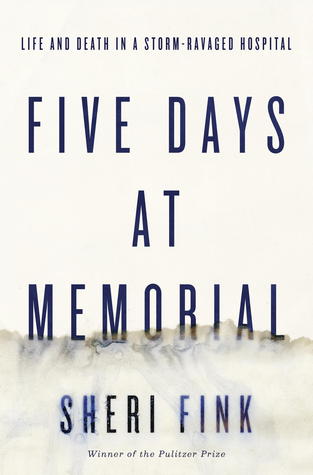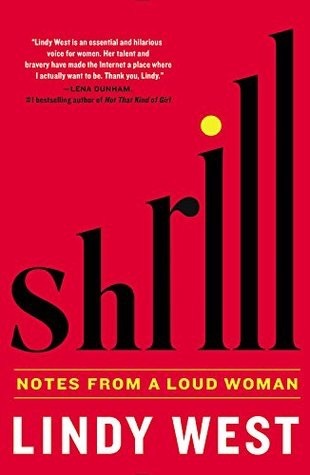 by Lindy West
by Lindy West
I first became aware of Lindy West when I happened across this article in Jezebel, "How to Stop Being Shy in 13 Easy Steps," a brief excerpt from Shrill. (In the book, this article is a whole, hilarious chapter.) I think I've read other essays by West, but her name wasn't familiar to me. Now I'm a big fan.West has been writing in the blogosphere for years, first for The Stranger in Seattle and also for Jezebel and now The Guardian. She's loud, sassy, confident, funny, and brutally honest. She writes about what it's like to live fat (her word), be a comic in an environment much more friendly to men, fight sexism, have an abortion, aim for her higher self, and fall in love. She has stood up to nasty, woman-hating, fat-shaming trolls on Twitter and on the comedy circuit, both online and also in live interviews.
The most troubling thing about reading this book is realizing how much hateful crap women online face every day. In fact, while I was in the middle of this book, I read that famous feminist blogger Jessica Valenti has gone offline social media because the trolls were threatening to rape her five-year-old daughter! Such a dark side to the Internet, when men feel safe taking out their anger on women online. This has to stop, although I'm not sure what the solution is if outright, public misogyny is allowed in the comedy clubs. As West learned when she faced her troll head on, most trolls are pathetic white men who are jealous of confident women.
I often need to take a break when reading books of essays, but not this one. Lindy West is a funny, bright, brave, and passionate badass, and she's found a new fan in me.
 by Naomi Klein
by Naomi Klein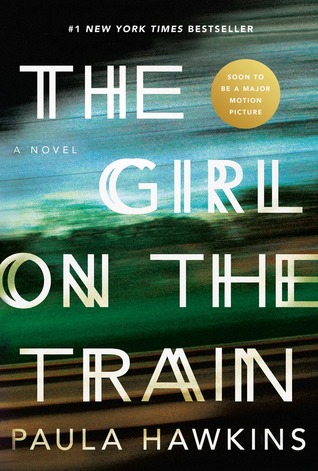 By Paula Hawkins
By Paula Hawkins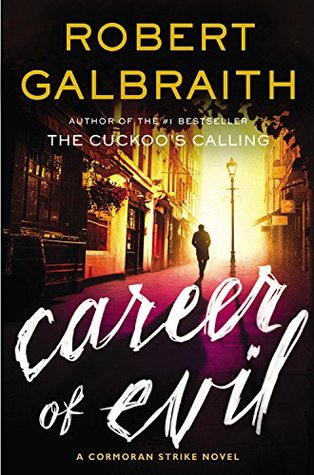 by Robert Galbraith (aka JK Rowling)
by Robert Galbraith (aka JK Rowling) By Andy Weir
By Andy Weir By Elena Ferrante
By Elena Ferrante 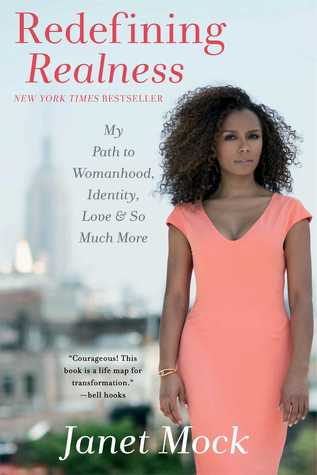 by Janet Mock
by Janet Mock By Margaret Dilloway
By Margaret Dilloway  By Emily St. John Mandel
By Emily St. John Mandel By Jim Wallis
By Jim Wallis